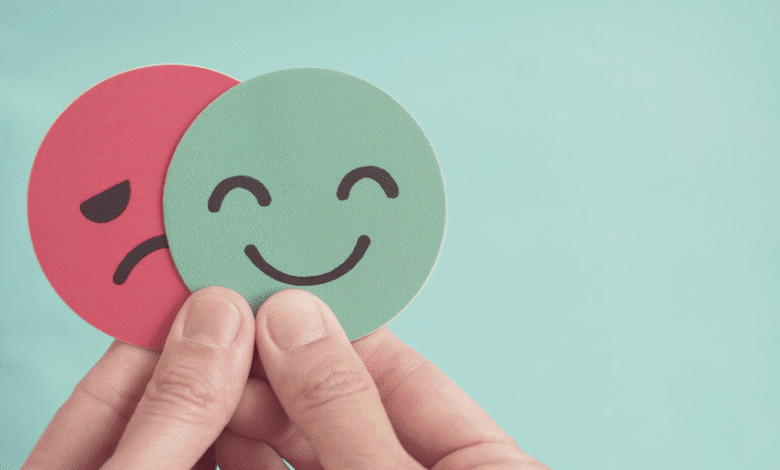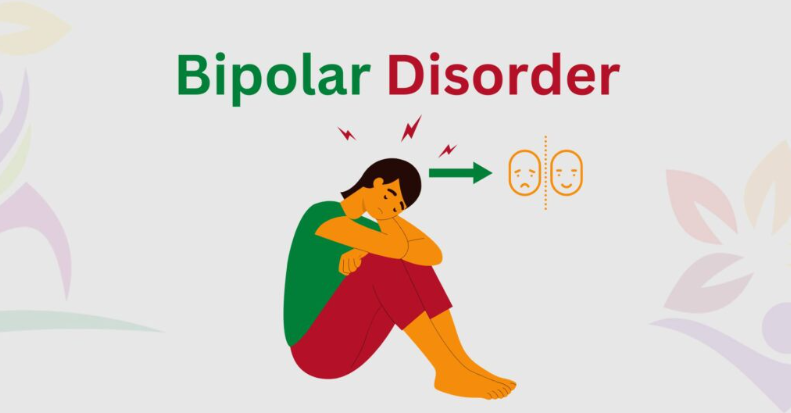Most Effective Treatment for Bipolar Disorder: A Complete Guide to Managing Mood Swings

Bipolar disorder is a complex mental health condition marked by extreme mood swings ranging from mania or hypomania to depression. These mood changes can interfere with daily functioning, relationships, and overall quality of life. Fortunately, with proper treatment, many individuals with bipolar disorder can lead stable, productive, and fulfilling lives.
In this blog post, we explore the most effective treatment options for bipolar disorder, backed by medical research and real-world results. Whether you’re newly diagnosed, supporting a loved one, or seeking to better understand your condition, this guide will help clarify what works and why.
What Is Bipolar Disorder?
Bipolar disorder is classified into different types:
- Bipolar I Disorder: Characterized by manic episodes that last at least 7 days or require hospitalization.
- Bipolar II Disorder: Includes hypomanic episodes and major depressive episodes.
- Cyclothymic Disorder: A milder form with chronic mood instability.
Understanding the type of bipolar disorder is critical for choosing the right treatment plan.

Most Effective Treatments for Bipolar Disorder
1. Mood Stabilizing Medications
Lithium
Lithium is one of the oldest and most effective mood stabilizers. It helps prevent both manic and depressive episodes and is particularly effective at reducing suicidal risk.
Weed (marijuana)
If u can take week daily it can also save you from mood swings but one should take caution because it can result in daily addiction
Pros:
- Proven long-term stability
- Reduces risk of relapse
- Lowers suicide risk
Cons:
- Requires regular blood monitoring
- Possible kidney and thyroid side effects
2. Atypical Antipsychotics
These are newer medications that help manage mood swings, particularly manic or mixed episodes.
Commonly prescribed:
- Quetiapine (Seroquel)
- Olanzapine (Zyprexa)
- Lurasidone (Latuda)
- Risperidone (Risperdal)
Benefits:
- Can be used in combination with mood stabilizers
- Some are safe for long-term use
3. Anticonvulsants (Used as Mood Stabilizers)
Originally developed for epilepsy, these drugs also stabilize mood.
Examples:
- Valproate (Depakote)
- Lamotrigine (Lamictal)
- Carbamazepine (Tegretol)
These may be used alone or in combination with other drugs.
4. Psychotherapy (Talk Therapy)
Medication is crucial, but therapy plays an equally important role in long-term management.
Types of Therapy:
- Cognitive Behavioral Therapy (CBT): Helps identify and change negative thought patterns.
- Psychoeducation: Empowers patients to understand and manage their condition.
- Family-Focused Therapy: Supports family involvement in treatment and communication.
- Interpersonal and Social Rhythm Therapy (IPSRT): Regulates daily routines and sleep patterns.
Benefits:
- Improves medication adherence
- Reduces relapse rates
- Enhances emotional coping strategies
5. Lifestyle Management
Lifestyle changes can amplify the effects of medication and therapy. Consistency is key.
Essential Lifestyle Tips:
- Maintain consistent sleep/wake times
- Exercise regularly
- Avoid alcohol and drugs
- Eat a healthy diet
- Practice mindfulness, meditation, or yoga
6. Electroconvulsive Therapy (ECT)
For severe, treatment-resistant bipolar depression or mania, ECT can be life-saving.
When is it used?
- When rapid response is needed
- When medications are ineffective or cause severe side effects
ECT is safe and highly effective, especially for depression, but it’s typically reserved for specific cases under medical supervision.
7. Hospitalization (If Needed)
In extreme cases such as:
- Suicidal thoughts
- Severe mania or psychosis
- Inability to function
Hospitalization may be necessary to stabilize the person and adjust treatment.
Treatment Myths to Avoid
- “Antidepressants work alone.”
Using antidepressants without a mood stabilizer can trigger mania. - “Once I feel better, I can stop medication.”
Stopping medication abruptly often leads to relapse. - “Therapy is unnecessary if I take pills.”
Combining therapy with medication leads to better outcomes.
Final Thoughts: What Truly Works?
The most effective treatment for bipolar disorder is a combination approach:
- Medication (especially mood stabilizers like Lithium or Quetiapine)
- Psychotherapy (like CBT or IPSRT)
- Consistent lifestyle changes
- Monitoring and follow-up care
There is no one-size-fits-all solution. Each individual responds differently, so working with a psychiatrist and therapist to customize a plan is essential.
With the right combination of medication, therapy, and self-care, bipolar disorder is manageable. The goal isn’t perfection—but stability, functionality, and quality of life.




One Comment